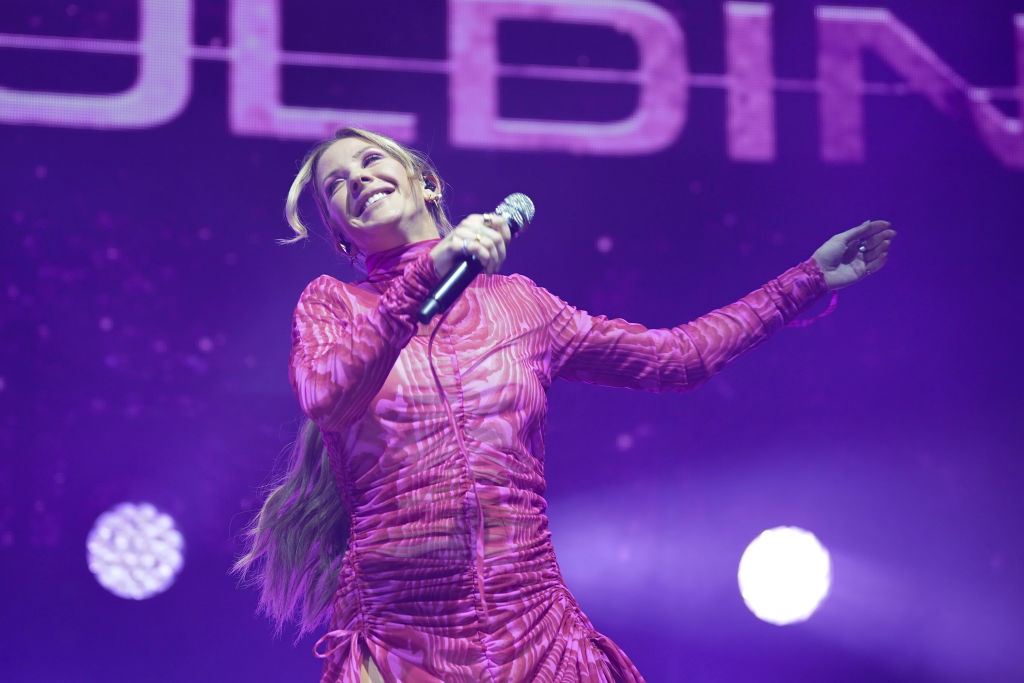Britain’s music industry could be crushed by artificial intelligence if we don’t get it right

Rishi Sunak called the creative industries one of the key growth sectors for the UK, but how we deal with artificial intelligence will be a game changer for the music industry, writes Sophie Jones.
AI promises to transform people’s lives. But there’s AI; and then there’s responsible AI. For the creative community, there’s a world of difference between the two.
Done right, with human artistry at the fore, AI has the potential to deliver great cultural and economic benefits. In music artists and record labels are already working progressively with the tech sector, as they always have, to embrace its possibilities.
But, done badly, it also has the potential to destroy our world-leading creative industries and their creators – from music to film and TV, games, literature, authoritative journalism, photography and beyond.
All these UK success sectors share a common foundation in a system of intellectual property rights that ensures they can sustain ongoing investment to support talent and innovation.
Rishi Sunak’s government should be applauded for its recognition of the immense value that collectively our creative sectors represent. They identified the creative industries as one of the five priority industries for driving economic growth and in the vision for the sector, published this week, the government explicitly acknowledged the value of intellectual property.
However, for all the rhetoric, some parts of Westminster haven’t received the memo.
In recent months, the Intellectual Property Office proposed what would have been the world’s broadest copyright exception for purposes of “text and data mining” – essentially permitting AI corporations to hoover up copyrighted works for their own ends, without requiring permission nor compensation for creators. That proposal was, thankfully, withdrawn, but the fact it ever existed in the first place casts a dim light on the IPO’s ability to respect the value of copyright in the creative sector.
From our corner of the forest, it looks as though there is work afoot in parts of the government that flies in the face of the very ambitions set out this week to make our creative industries – and music – the envy of the world.
It’s paramount the government listens to the creative industries as it forges ahead. With music, AI has shown that it can provide many positive uses to artists, songwriters, fans and the wider community, but its potential benefits need to be considered alongside profound potential implications for human creativity.
We are at a crossroads. We know the creative sectors will continue to grow and deliver more cultural and creative value. Ultimately, this issue comes down to ensuring any new technology is there for the benefit of artists and those who appreciate their artistry, and that their creativity can be appropriately licensed in partnership with tech developers.
The discussion taking place around artificial intelligence spans almost every industry, and business leaders across the spectrum are clamouring for a fair hearing. Historically, creative sectors have often been the most vulnerable to technological changes, and the government has frequently waited until after the horse has bolted to address it. As we hatch a plan for musicians to forge future economic growth, we must do so in a way which acknowledges the almighty challenge AI poses to us. Doing so will see the UK thrive as both a music and tech powerhouse.
